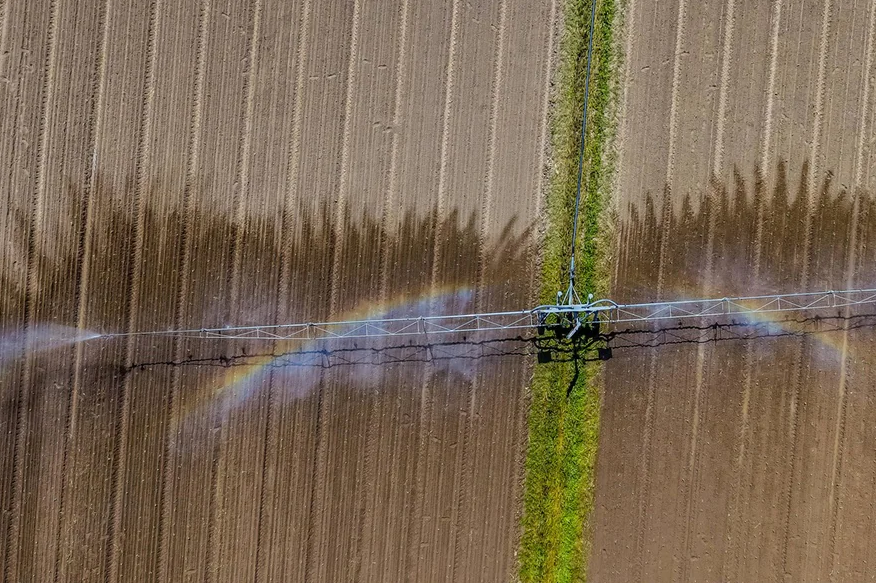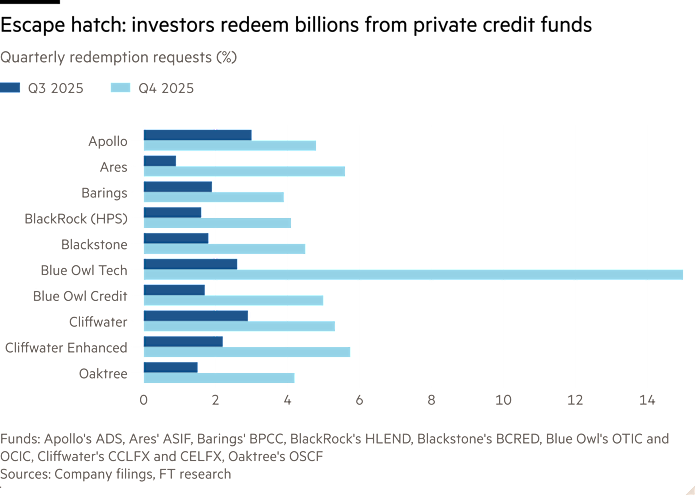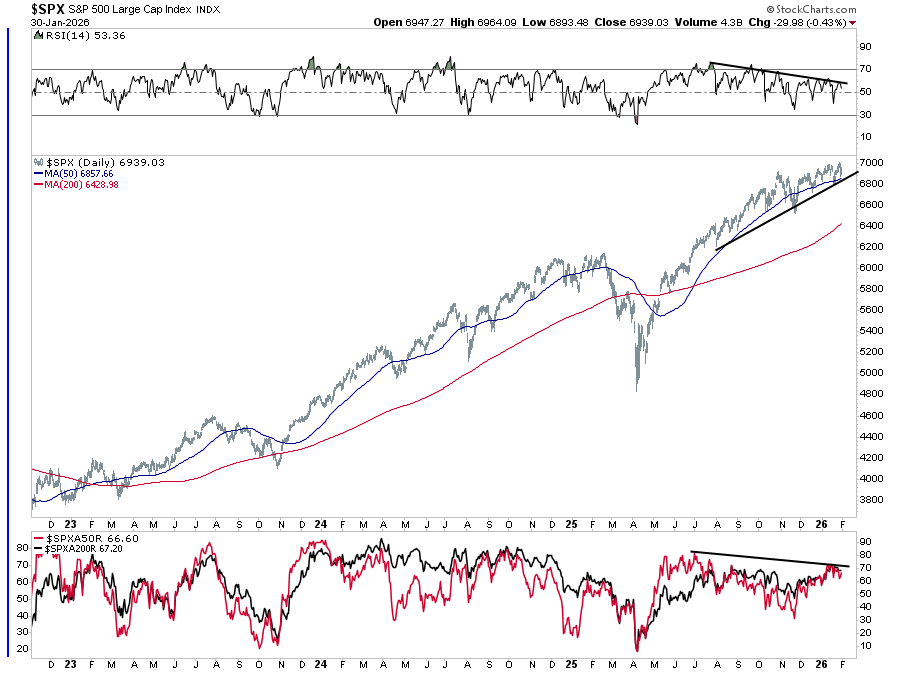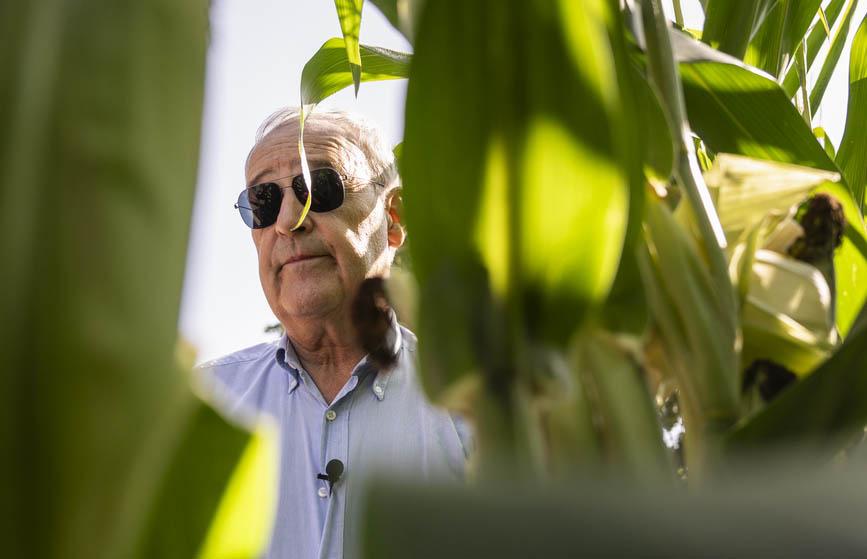
Many farmers argued that without pesticides, crop yields would fall, and prices would rise. Imago Images/Andreas Haas
Voters decide Sunday on two separate initiatives aiming to ban or reduce the use of synthetic pesticides in the country. Polls suggest the proposals are on the back foot.
Is Switzerland about to become an organic farming pioneer?
Despite years of debates around the use of synthetic pesticides, no European country has yet moved to completely ban them. And although Switzerland sits around the average when it comes to their use, campaigners worried about the health risks and threat to biodiversity have gathered signatures to force two separate votes on the issue this Sunday.
The “anti-pesticide” initiative wants an outright ban on the use of synthetic products in agriculture, as well as for private and commercial use. It also wants to stop imports produced using such products. It foresees a ten-year period to transition to this situation.
The “drinking water” initiative, meanwhile, wants to restrict the payment of government subsidies (worth some CHF3 billion each year) to farmers who work without using pesticides and prophylactic antibiotics. It also wants to cut down on imports of animal feed.
Double-headed campaign
With three other issues also on the agenda on Sunday, and the two pesticide initiatives having similar aims, it’s hardly surprising they became conflated during the campaign; posters calling for “2x YES” or “2x NO” were seen widely around the country in the past months.
Both proposals – which were launched by citizen groups – were backed by left-wing parties, environmental groups, and (in the case of the pesticide but not the water initiative) organic farmers.
Citing studies showing above-recommended levels of traces in groundwater and rivers, as well as shrinking biodiversity, these backers said the use of pesticides bore “considerable” responsibility.
They also claimed government agricultural policy – which imposes some restrictions on the use of pesticides – was not doing enough. It “tackles the symptoms rather than the source” of environmental problems, said the Green Party’s Regula Rytz.
Votes June 13, 2021
There are five issues of the national ballot papers on Sunday:
As well as the pesticide proposals, voters also have the final say on a law aimed at reducing fossil fuel emissions (CO2 law), police measures to prevent extremist violence (Anti-terrorism law) and the government’s pandemic policy (Covid-19 law).
It is the second up to four sets of nationwide votes this year as part of Switzerland’s system of direct democracy.
About 5.5 million Swiss citizens, including registered expat Swiss, are eligible to take part in the votes.
There are also numerous ballots at cantonal and local levels on June 13.
End of insertion
The government, parliament, centrist and right-wing parties, and the biggest Swiss farmers’ organisation were unsurprisingly against the initiatives, saying they were too “extreme” and a threat to the agricultural sector.
“For farmers and the food industry, this is an existential question,” said Brigitte Häberli-Koller, a Senator from the Centre party. Without pesticides, crop yields – especially fruits, vegetables and rapeseed – would slump, and prices and imports would rise.
Economics minister Guy Parmelin (a winegrower by trade), warned there could be problems in guaranteeing national food security, which was mandated by voters in 2017.
Opponents also argued that the use of artificial herbicides and fungicides has in any case been falling in recent years, and that a legal package currently in the works aims to halve the risks associated with pesticides by 2027.
Heated encounters
The campaigns as such were highly and perhaps unusually emotional, with verbal attacks escalating into vandalism and direct threats against both sides.
Campaign posters were pulled down or defaced, and on one occasion a large trailer used by the “no” side in the French-speaking part of the country was burned – an “insult to democracy”, said the Prométerre farmers’ group.
Two Green Party politicians campaigning in favour of the initiatives were also forced to step back from the debates: Céline Vara requested police protection for her and her family after receiving threats online, while organic farmer Kilian Baumann (see interview below) ended up cancelling all public appearances due to threats made against him.
As well as the huge practical implications of the initiatives, it seemed that – similarly to some other recent campaigns – emotional differences in outlook between urban and rural areas were highlighted by the vote.
One slogan brandished by farmers was “we feed you; you punish us”. Or, as Martin Haab of the Zurich Farmers’ Association said: “A lot of people in cities think if they have two tomatoes growing on the balcony of their apartment they understand farming.”
Falling support
Opinion polls showed that both initiatives followed a traditional pattern during campaign months, with initial backing dwindling as time went on.
A survey by the GfS Bern research institute at the end of May found 47% of voters were in favour of the anti-pesticide initiative, while 44% backed the drinking water idea; this marked a drop from 55% and 54% respectively just a month earlier.
Lukas Golder, co-director of GfS Bern, credited the swing partly to the well-orchestrated and emotional campaign run by the main farmer’s organisation, especially in rural areas.
In addition, many middle-class and urban voters (the majority of the population) moved to side with the farmers, won over by a fear of higher prices and the warning that the initiatives threatened the long-term survival of some in the agricultural sector.
Full story here Are you the author? Previous post See more for Next postTags: Environment,Featured,newsletter




































